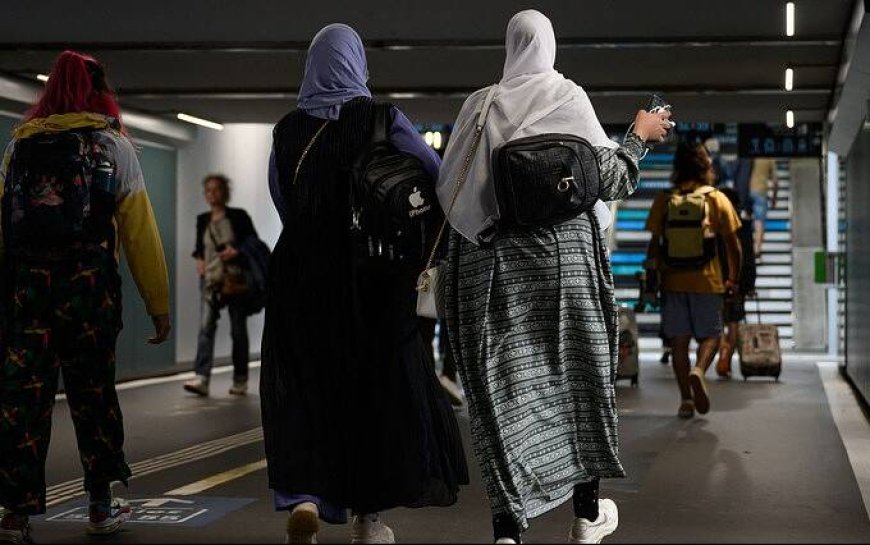French Government's Crackdown on Muslim Community: The Abaya Ban as a Symbol
French Government's Crackdown on Muslim Community: The Abaya Ban as a Symbol

On the eve of the new academic year in France, the announcement of the prohibition of wearing the abaya in French schools has sparked widespread criticism. In recent years, France has increasingly adopted an anti-Islamic stance, which has infringed upon the rights of the country's five million Muslim community. Gabriel Attal, the incumbent Minister of National Education and Youth under the Macron administration, ignited a controversial debate when he declared the ban on wearing the abaya in educational institutions just weeks before the start of the school year. Attal claimed that students wearing traditional attire were disrupting the school environment. Approximately 513 schools are affected by this legislation, as confirmed by French President Emmanuel Macron, who stated that public schools in France will enforce the abaya ban and students who do not comply will not be allowed into classrooms.
Macron also mentioned that specialized staff will be deployed to sensitive schools to assist administrators and teachers in engaging with students and their families.
Some French politicians argue that the purported support for secularism has endangered social cohesion within France. Reports indicate that the Muslim minority in France faces significant discrimination, not only from the government but also from racist attacks and attitudes. One form of discrimination against Muslims in France is the implementation of laws over the past two years that restrict their social lives. In 2004, France banned the wearing of headscarves by Muslim girls in schools. However, the wearing of the Islamic abaya, in accordance with religious beliefs, has not yet been prohibited in France.
In 2010, France passed a law banning full-face veils in public, which elicited strong reactions from the Muslim community. Since 2015, the French government has enacted various laws to curtail Muslim religious freedoms, including a 2016 law that prohibits the wearing of the hijab in the workplace. In 2017, a law was implemented in France to subject Muslims and mosques to stringent government oversight.
Following the failure of unions, in collaboration with the Macron government, to amend the retirement age law last year, the possibility of a new wave of strikes by teachers and staff at the beginning of the academic year has increased. The French government, particularly the Ministry of National Education, is using the abaya ban as a diversionary tactic to shift public attention from the retirement age issue to other matters. This serves their objectives. During last year's protests against raising the retirement age, teachers and transportation unions were the primary driving force behind strikes and demonstrations. Some unions still believe that resorting to paralyzing strikes is necessary due to the government's insistence on increasing the retirement age. However, the government's ploy regarding the abaya ban has disrupted these unions.
It is widely speculated that Mr. Attal may emerge as the main alternative to the ruling party in the upcoming presidential elections in April 2027. The abaya ban has propelled him into the spotlight as a prominent figure in the fight against Islamism. At 34 years old, Attal is the youngest Minister of National Education in the history of the French Fifth Republic. He is aiming to capitalize on the prevailing waves of Islamophobia among conservative and traditional segments of French society by making controversial decisions that enhance his prospects of competing against right-wing figures such as Marine Le Pen and Éric Zemmour in the next presidential term. Consequently, it is anticipated that the anti-Islamic actions of French statesmen will persist and intensify, putting greater pressure on the French Muslim community.













































